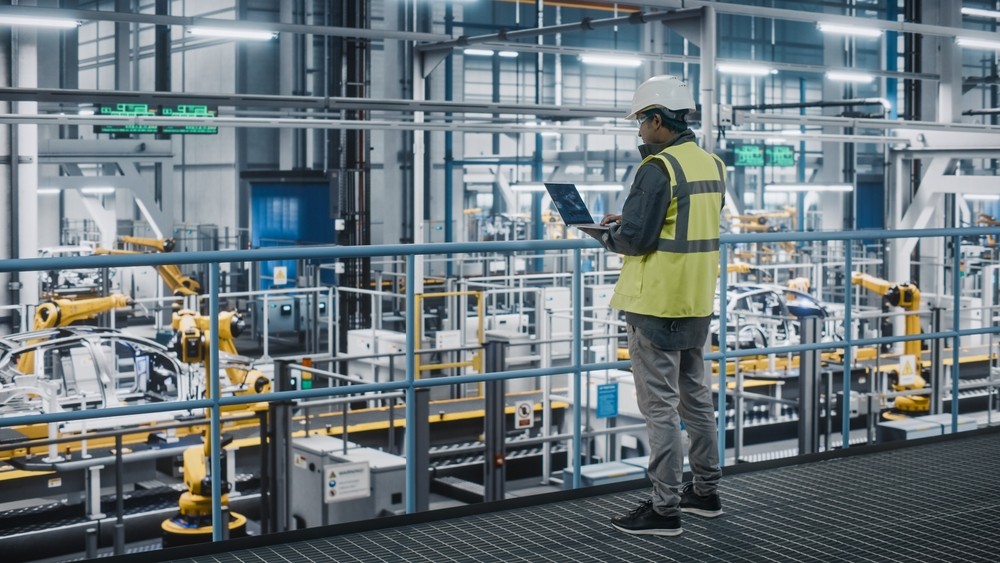Three quarters (75%) of manufacturing organisations admitted their cyber security provider is either underperforming and they’re looking to make changes (27%) or that there’s room for improvement (48%),according to new research by Threat Detection and Response provider, e2e-assure.
Having a solid cyber security defence strategy is of urgent importance for Manufacturing organisations, with e2e-assure's study finding the vast majority of Manufacturing organisations (78%) have experienced a cyber attack. Despite this, less than 1 in 5 (19%) would describe themselves as “resilient.”
Outsourcing is currently the most popular solution for Manufacturing organisations when it comes to their cyber security operations (54%), compared with a hybrid approach (24%) or managing everything in-house (22%). This is unique in comparison to other sectors e2e-assure surveyed as part of its study, such as Financial Services (45% outsourced vs 40% hybrid vs 12% in house), Healthcare (41% outsourced vs 40% hybrid vs 16% in house) and Professional Services (40% outsourced vs 38% hybrid vs 17% fully in house).
However, the considerable majority (63%) of CISOs in the Manufacturing sector are either unconfident that threat intelligence is being used as it has had no measurable positive impact (48%), or they know that threat intelligence has not been implemented to detect threats within their environment (15%). Most respondents also said they don’t have flexible contracts (53%), transparent pricing (54%) and real-time visibility of dashboards (56%). In fact, around half (49%) don’t even feel they have client-centric delivery teams who care.
When asked about their top frustration, CISOs said their providers had been escalating too many false positives (35%). Further pain points included the need to bolt on new services (34%), closely followed by the provider not being proactive (27%) and poor SLA Response Times (26%).
Clearly, providers are unable to provide the clarity, speed and flexibility required for an industry adapting to innovations like Smart Manufacturing, and the risks that come with it. It comes as little surprise then, that when asked “When next procuring cyber security operations what will you be looking for?” the majority (53%) said they’ll be either bringing operations back in house (around a third, 31%), or will be taking a hybrid approach (21%). To fill the gaps where their current providers are falling short, a further 29% said they’ll now be seeking specialist expertise in specific areas.
Providers are on the edge of a huge, missed opportunity when it comes to the Manufacturing sector. To build trust and show that they “care,” closer collaboration and a better understanding of the customer’s environment is required.
Rob Demain, CEO of e2e-assure, said:
“Our study sets out to unveil the observations from CISOs and cyber security decision makers as to how their cyber security providers are performing, as criminals deploy increasingly advanced extortion techniques.
“With Manufacturing organisations most commonly outsourcing their cyber security operations, but with three quarters saying that they’re underperforming, it’s clear that there is a need for a critical shift to ensure cyber defence providers are meeting the needs of organisations in 2024.”
With the findings highlighting the need for a shift in providers’ service offerings, five key themes emerged for cyber defence rejuvenation in 2024:
1. Providers will need to prove their value
2. Security teams will relinquish more control to trusted providers
3. Contracts will need to be more commercially flexible
4. Service and tooling flexibility is a priority for organisations
5. Quality cyber defence needs to become more accessible to organisations of all sizes







